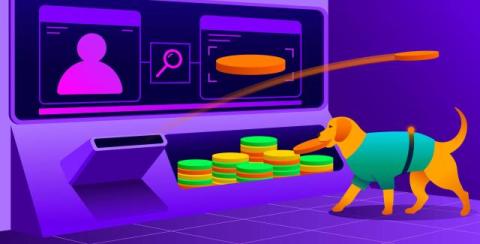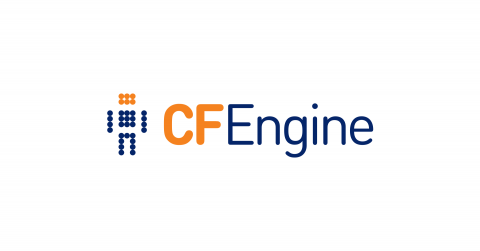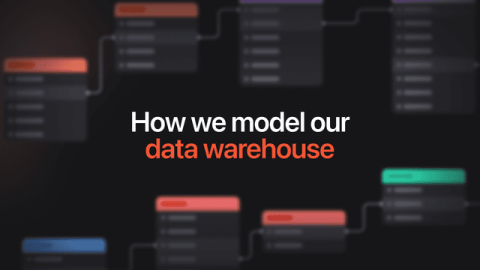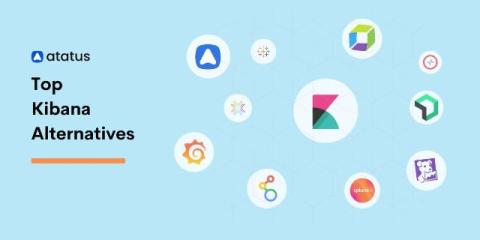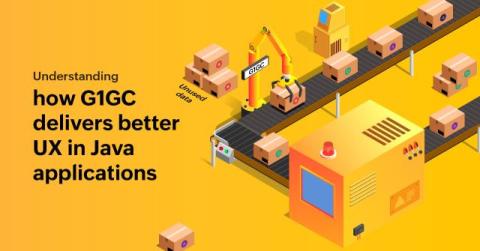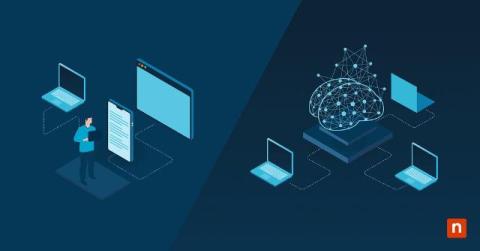Troubleshooting RAG-based LLM applications
LLMs like GPT-4, Claude, and Llama are behind popular tools like intelligent assistants, customer service chatbots, natural language query interfaces, and many more. These solutions are incredibly useful, but they are often constrained by the information they were trained on. This often means that LLM applications are limited to providing generic responses that lack proprietary or context-specific knowledge, reducing their usefulness in specialized settings.


